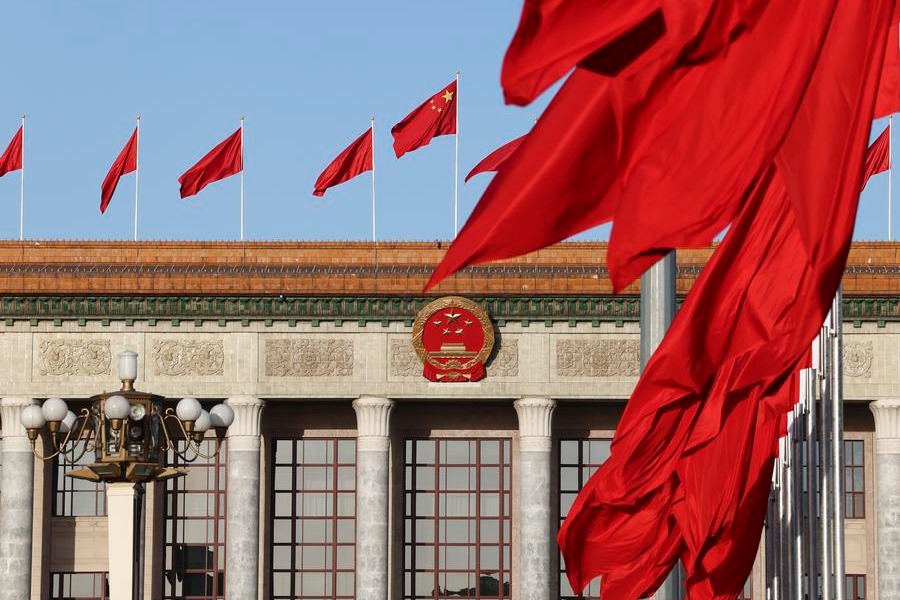US spirits sales drop in Canada

Sales of US spirits in Canada have dropped by more than 66 percent, and visits by Canadians to the United States have fallen for five straight months — part of what experts say is a politically charged consumer pullback.
"The LCBO (Liquor Control Board of Ontario) and the SAQ (Societe des alcools du Quebec), and the other retail systems that are run by the provinces, took American wine and spirits off the shelves," said Rod Phillips, a wine historian and professor of history at Carleton University.
"It was very much in response to Trump's threats of tariffs, and also the talk about making Canada the 51st state," he said.
Spirits sales from the US were down 66.3 percent in the March 5 to April 30 stretch compared with a year earlier, Spirits Canada and the Distilled Spirits Council of the United States said in a statement.
The removal of US products from shelves is deeply problematic for spirits producers on both sides of the border, Cal Bricker, head of Spirits Canada, said in the statement.
"The current disruption demonstrates the critical importance of maintaining open, reciprocal trade relationships that benefit consumers, businesses and government revenues in both nations," Bricker said.
Phillips said he was surprised by the extent of the public's shift in attitude.
"There's been a big shift in mood in Canada," he said. "I know a lot of people, including other people in my family, who simply will not buy anything from the United States."
Phillips, who had planned wine-related events in Texas and Pennsylvania, said he canceled all his US trips.
"My own spending has changed — I don't buy American blueberries, I don't buy American wine. And I think that's true of a big section of people," he said.
Long-standing tensions
He sees the backlash not as a sudden outburst but as the culmination of long-standing tensions.
"Canadians have a love-hate relationship with the United States," he said.
"The tariffs and talk of making Canada the 51st state shifted the balance to the negative," he said. "It didn't begin in March — it's built on a long-standing sense of distrust."
Speaking at a July 21 conference in Washington State, US Ambassador to Canada Pete Hoekstra said US President Donald Trump considers Canada "mean and nasty" due to the alcohol restrictions and Canadians' refusal to travel to the US.
British Columbia Premier David Eby said the remarks show Canadians' efforts to stand up to Trump are "having an impact", and encouraged people to "keep it up".
Phillips noted that Canada is the largest export market for California wine, accounting for about a third of its exports. "If you lose half of that, you've lost a big chunk of your export market," he said.
Canadians' travel to the US has also plummeted. According to Statistics Canada, trips by Canadian residents returning from the US in May fell 31.9 percent compared with May 2024, marking the fifth consecutive monthly decline, while return trips from overseas rose 8.9 percent.
"Canadians may feel anger toward the United States because of the US government's tariffs and expressed desire to annex Canada," said Vivek Astvansh, associate professor of quantitative marketing and analytics at McGill University.
The political and emotional undercurrents, he said, are contributing to what some observers describe as a form of quiet resistance — one that increasingly takes shape through consumer choices.
gaoyang@chinadailyusa.com
































